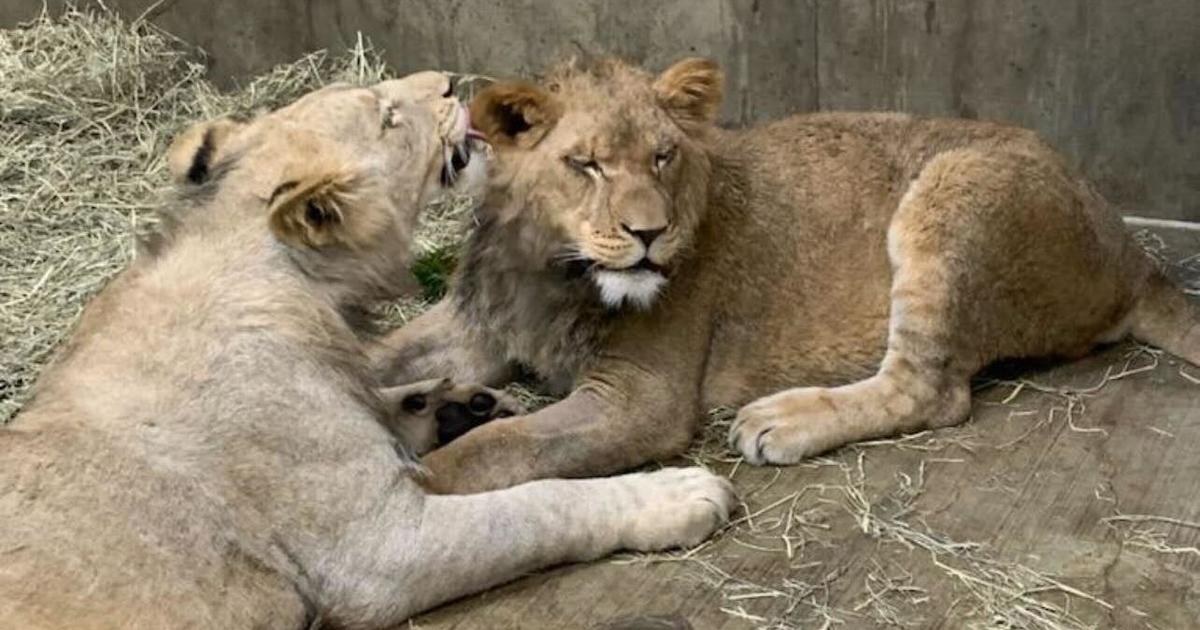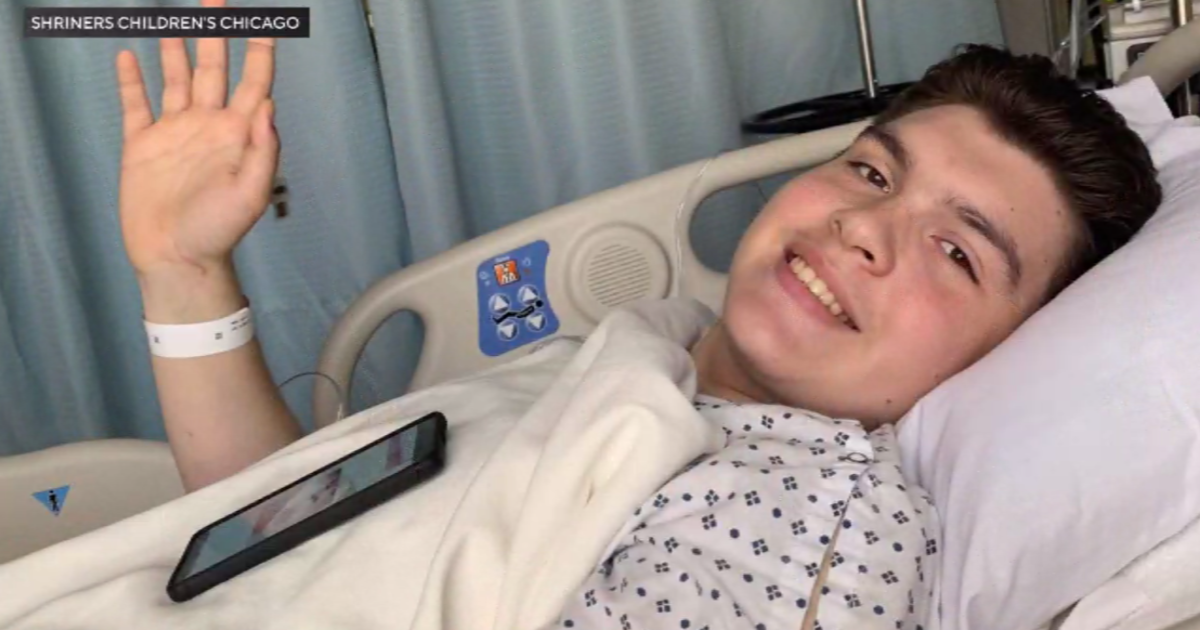Cryo-Robot Seeks To Reduce Human Error In Handling Of Frozen Embryos, Other Tissue
CHICAGO (CBS) -- Mixups can cause tragic mistakes when it comes to human tissue such as frozen embryos.
CBS 2's was the only camera allowed inside a protected room at one of Chicago's fastest-growing clinics, for a look at a new technology promising nearly to eliminate human error.
"You want to rest assured that you went through all of this and your future fertility is secure," said Dr. Roohi Jeelani.
Jeelani and her colleagues at Vios Fertility Institute in Chicago are about to use one of only three robots in the world to store frozen eggs, sperm, and embryos.
"Those are precious tissues," said Abeer Salhia Rafati of the clinic. "We deal with patients that either, you know, cancer patients, or patients that cannot replace those tissues."
Fertility experts estimate 200 million to 300 million IVF births by the end of the century – with most of them relying on frozen embryos.
"Usually, the IVF lab is the cachet area or the forbidden area that nobody sees," Rafati said. "It's so nice for us to be able to show you guys the new robot."
The Cryo-Robot is the first to use artificial intelligence, made by the company TMRW, to identify and track human tissues constantly.
It provides up to 17,000 automated, daily health checks to ensure the safety and wellbeing of the tissues inside.
The Cryo-Robot holds thousands of samples, versus the current model, which stores only a few hundred samples in several tiny tanks that embryologists monitor by hand.
"In the last few months, we've been doing a lot of training, so it has been slowly but surely processed, so we are almost at the finish line of going live," Rafati said.
"Fertility – although we hear about it and talk about it – it's not that old," Jeelani added. "The oldest infertility baby is 42 years old. We're still learning a lot about it."
Frozen tissue can be stored for years. Here is an interesting tidbit from the doctors – recently, a couple adopted frozen embryos that were even older than they themselves were. The embryos were stored in the 1980s, while the parents were born in the 1990s.
Also, once the robot is running, parents will soon be able to track their tissue using their own cellphones.



